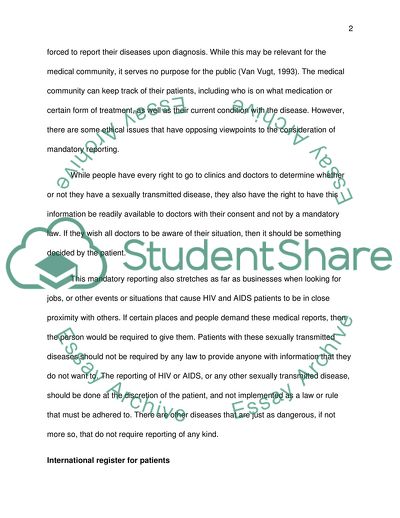Cite this document
(HIV and AIDS - What You Really Dont Know Research Paper, n.d.)
HIV and AIDS - What You Really Dont Know Research Paper. https://studentshare.org/medical-science/1741433-what-you-really-dont-know-about-hiv-and-aids
HIV and AIDS - What You Really Dont Know Research Paper. https://studentshare.org/medical-science/1741433-what-you-really-dont-know-about-hiv-and-aids
(HIV and AIDS - What You Really Dont Know Research Paper)
HIV and AIDS - What You Really Dont Know Research Paper. https://studentshare.org/medical-science/1741433-what-you-really-dont-know-about-hiv-and-aids.
HIV and AIDS - What You Really Dont Know Research Paper. https://studentshare.org/medical-science/1741433-what-you-really-dont-know-about-hiv-and-aids.
“HIV and AIDS - What You Really Dont Know Research Paper”. https://studentshare.org/medical-science/1741433-what-you-really-dont-know-about-hiv-and-aids.


